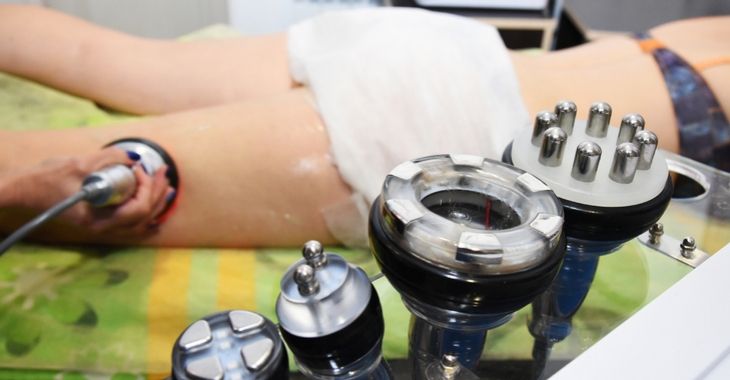3 Reasons to See a Dermatologist
Dermatology is a medical specialty that focuses on the treatment of the skin, hair and nails. While some people may equate dermatology with the aesthetic beauty of the skin, it is a serious medical field. While dermatologists can help you improve the beauty of your skin, they offer much more than cosmetic services. Many diseases affect the skin, hair and nails, including cancer and other serious health conditions. Here are three reasons to seek the advice of a dermatologist outside of cosmetic services.
Abnormal Skin Growths
Any time you have a strange rash, odd mole or other abnormal skin growth, you should see a dermatologist. This is their field of expertise and they can quickly determine what is causing the strange growth. Some skin abnormalities are linked to cancer, so it is important to get them diagnosed right away.
Loss of Hair or Nails
If you have an unexpected loss of hair or nails, make an appointment with your local dermatologist. Hair loss can be linked to other health issues or a type of alopecia, a medical term for hair loss. Nail loss or unusual growth of the nail can be fungal or other types of infections that may need treatment.
Itchy or Painful Skin
If your skin is painful or itches, especially for a day or longer, call your dermatologist. There are many different reasons your skin may feel uncomfortable, but it shouldn’t be ignored. You may have shingles or other diseases that can affect your overall health.
Dermatologists are much more than just your source for cosmetic services like Botox or dermal fillers. See your local dermatologist when you have any issues that affect your hair, skin or nails for medical treatments.
Posted on behalf of:
Olansky Dermatology Associates
Peachtree Lenox Building
3379 Peachtree Road #500
Atlanta, GA 30326
(404) 355-5484
The information provided on this website, including text, graphics, images, and other materials, is intended solely for informational purposes and should not be used as a substitute for professional medical advice, diagnosis, or treatment.

)